 Our beloved older daughter would have been thirty years old today.
Our beloved older daughter would have been thirty years old today.
Alexis Jordan Berner-Coe. Early on, it felt like a big name for such a tiny child. She was always the smallest in her class, the smallest on her team, the smallest in her dance recitals. We called her Alex. The head counselor at her first summer soccer camp called her “ABC” — for Alex Berner-Coe. The name stuck.
 Later we realized that the name was too small to contain her, too simple to encompass all that she was, all that she would grow to be. She might have been the smallest in her class, but she was smart as hell and personable, with a huge, charismatic personality. She might have been the smallest on her teams, but she was fast and savvy and utterly fearless. On the soccer pitch and in the swimming pool, she was fierce and hard-working. Size didn’t matter. She might have been the smallest on stage, but she danced with passion and joy and grace, and, when appropriate, with a smile that blazed like burning magnesium.
Later we realized that the name was too small to contain her, too simple to encompass all that she was, all that she would grow to be. She might have been the smallest in her class, but she was smart as hell and personable, with a huge, charismatic personality. She might have been the smallest on her teams, but she was fast and savvy and utterly fearless. On the soccer pitch and in the swimming pool, she was fierce and hard-working. Size didn’t matter. She might have been the smallest on stage, but she danced with passion and joy and grace, and, when appropriate, with a smile that blazed like burning magnesium.
 One time, in a soccer match against a hated rival, a player from the other team, a huge athlete nearly twice Alex’s size, grew tired of watching Alex’s back as she sped down the touchline on another break. So she fouled Alex. Hard. Slammed into her and sent her tumbling to the ground. I didn’t have time to worry about my kid. Because Alex bounced up while the ref’s whistle was still sounding, and wagged a finger at the girl. “Oh, no you don’t,” that finger-wag said. “You can’t intimidate me.”
One time, in a soccer match against a hated rival, a player from the other team, a huge athlete nearly twice Alex’s size, grew tired of watching Alex’s back as she sped down the touchline on another break. So she fouled Alex. Hard. Slammed into her and sent her tumbling to the ground. I didn’t have time to worry about my kid. Because Alex bounced up while the ref’s whistle was still sounding, and wagged a finger at the girl. “Oh, no you don’t,” that finger-wag said. “You can’t intimidate me.”
When she was in eighth grade, she decided to try out for the annual dance program at the university where Nancy worked. The program was called Perpetual Motion, and it was almost entirely student run. Each dance was choreographed by a student or group of students. They decided who they wanted in their dances and who they didn’t. The men and women in the program could easily have dismissed this thirteen-year-old as too young, too inexperienced, not really a part of the college. But instead, to their credit, they judged her on her dancing and maturity. She appeared in Perpetual Motion every year from eighth grade through twelfth, and we saw pretty much every performance. Not once did Alex ever seem out of place or beyond her depth.
 She was effortlessly cool, like her uncle Bill — my oldest brother. And she had a wicked sense of humor. She was brilliant and beautiful. She loved to travel. She loved music and film and literature. She was passionate in her commitment to social justice. She adored her younger sister. And she was without a doubt the most courageous soul I have ever known.
She was effortlessly cool, like her uncle Bill — my oldest brother. And she had a wicked sense of humor. She was brilliant and beautiful. She loved to travel. She loved music and film and literature. She was passionate in her commitment to social justice. She adored her younger sister. And she was without a doubt the most courageous soul I have ever known.
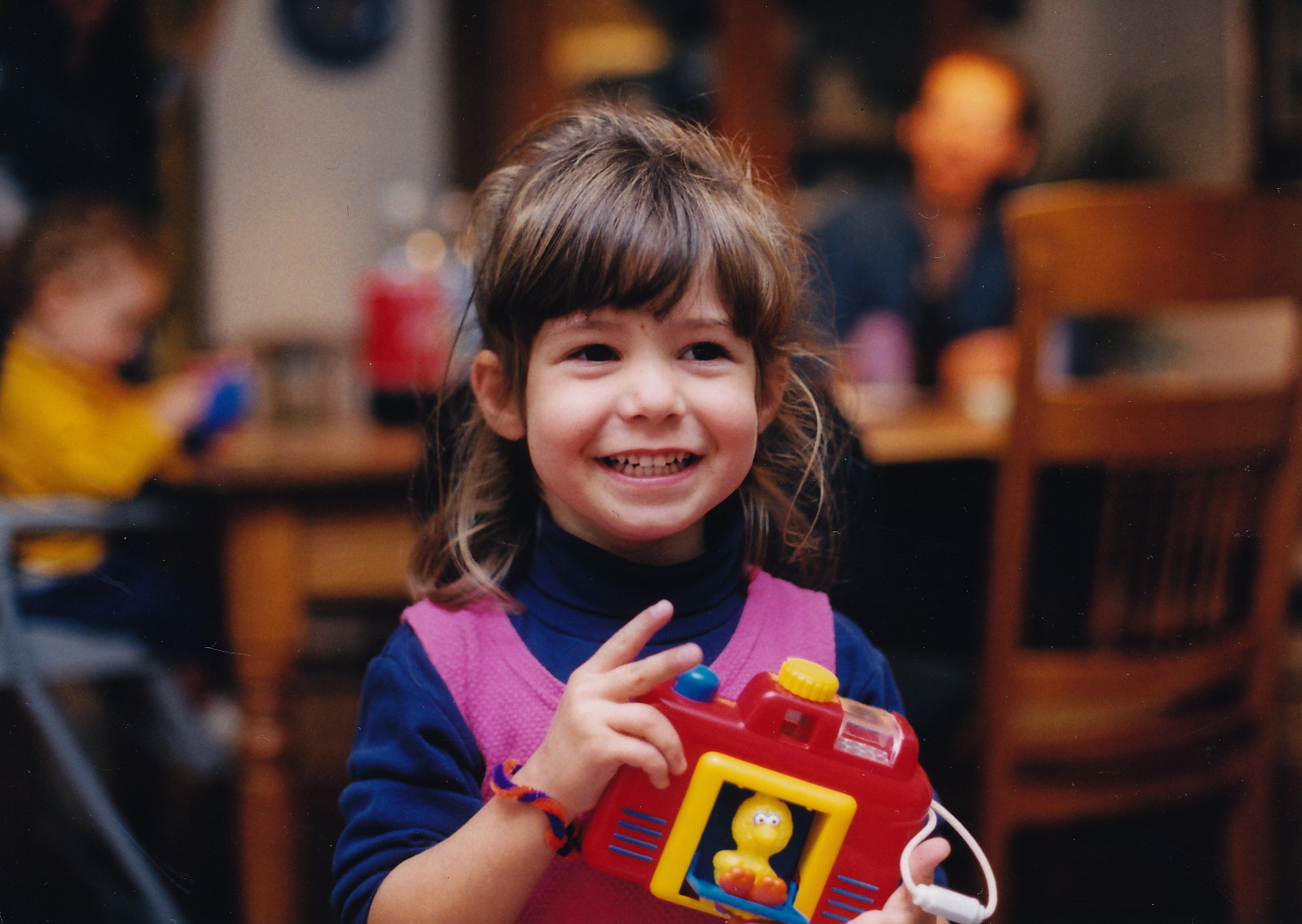 When Alex was three years old, Nancy took a sabbatical semester in Quebec City, at the Université Laval. I stayed in Tennessee, where I was overseeing the construction of what would become our first home. Once Nancy found a place for them to live, I brought Alex up to her and helped the two of them settle in. In part, that meant finding a day-school for Alex so that Nancy could conduct her research. We put her in a Montessori school that seemed very nice, but was entirely French-speaking. The first morning, Alex was in tears, scared of a place she didn’t know, among people she could scarcely understand. But we knew she would love it eventually, and as young parents, we had decided this was best. So we explained to her as best we could that we would be back in a few hours, that the people there would take good care of her, and that this was something we needed for her to do. I will never forget walking away from the school, with tiny Alex standing at the window, tears streaming down her face as she waved goodbye to us. And I remember thinking then, “She is the bravest person I know.” Remember, Alex, all of three years old, didn’t speak a word of French!!
When Alex was three years old, Nancy took a sabbatical semester in Quebec City, at the Université Laval. I stayed in Tennessee, where I was overseeing the construction of what would become our first home. Once Nancy found a place for them to live, I brought Alex up to her and helped the two of them settle in. In part, that meant finding a day-school for Alex so that Nancy could conduct her research. We put her in a Montessori school that seemed very nice, but was entirely French-speaking. The first morning, Alex was in tears, scared of a place she didn’t know, among people she could scarcely understand. But we knew she would love it eventually, and as young parents, we had decided this was best. So we explained to her as best we could that we would be back in a few hours, that the people there would take good care of her, and that this was something we needed for her to do. I will never forget walking away from the school, with tiny Alex standing at the window, tears streaming down her face as she waved goodbye to us. And I remember thinking then, “She is the bravest person I know.” Remember, Alex, all of three years old, didn’t speak a word of French!!
Needless to say, when we returned that afternoon to take her home, she was having the time of her life. She’d already made a bunch of friends. She’d already charmed her two teachers. And, I kid you not, she had already picked up several French phrases, which she spoke with a perfect Quebecois accent.
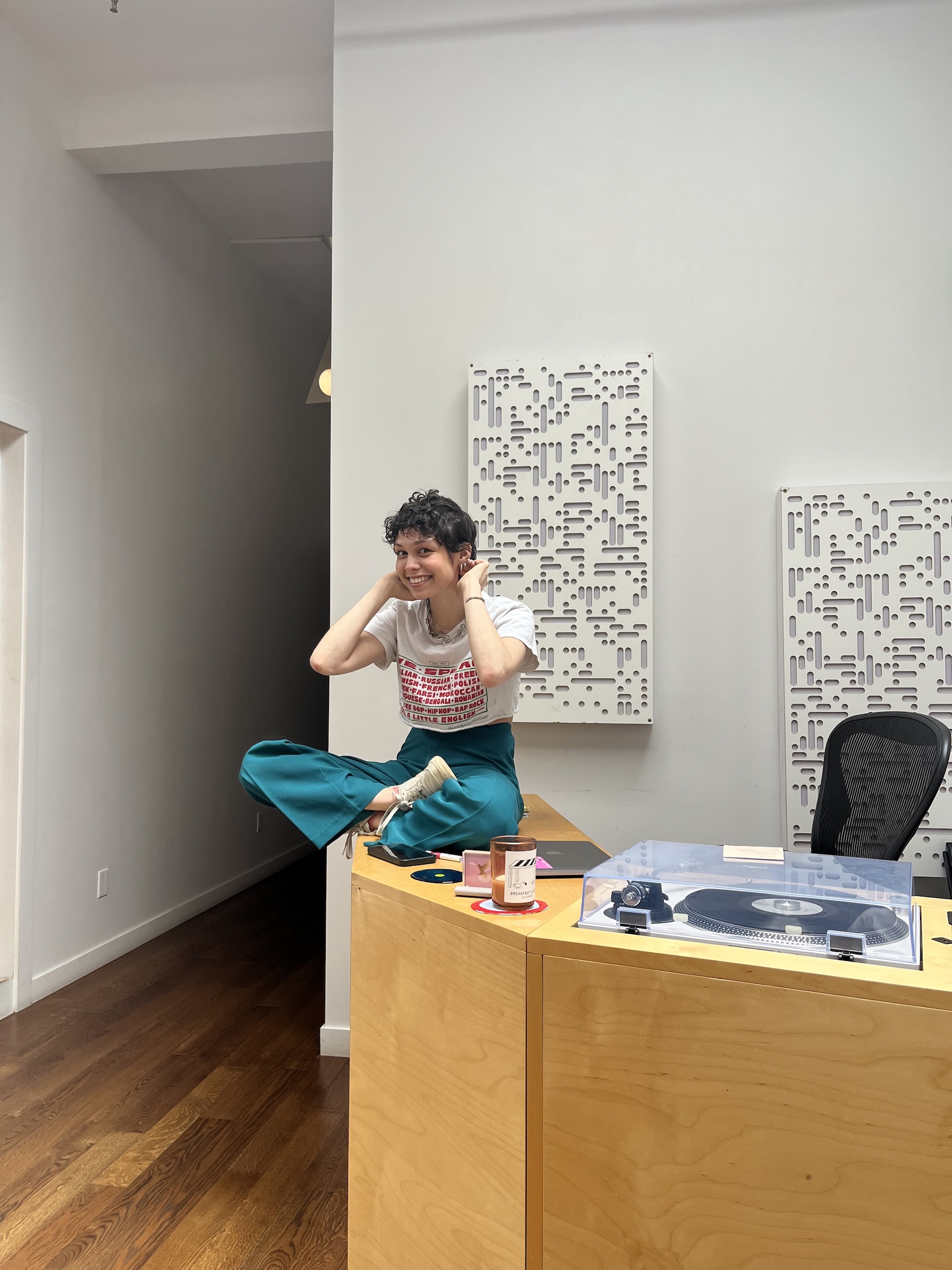 Her dauntlessness served her well on the pitch and in the pool, on stage and in the classroom. It fed an adventuresome spirit that took her to Costa Rica for a semester in high school, to the top of Mount Rainier with a summer outdoor program, to a successful four years at NYU, to Germany for part of her sophomore year in college, to Spain for all of her junior year in college, and on countless side-trips all over Europe.
Her dauntlessness served her well on the pitch and in the pool, on stage and in the classroom. It fed an adventuresome spirit that took her to Costa Rica for a semester in high school, to the top of Mount Rainier with a summer outdoor program, to a successful four years at NYU, to Germany for part of her sophomore year in college, to Spain for all of her junior year in college, and on countless side-trips all over Europe.
And it allowed her to face the cancer that would eventually claim her life with remarkable strength, equanimity, and grace. She knew from the time of her diagnosis — a rare form of cervical cancer already at Stage 4 — that she faced long odds. I know that in private moments, and with her closest friends, she grieved for all that the disease would take from her. But she never allowed cancer to control her. She continued to work, to see friends and family, to travel, to go to movies and concerts and parties. She took classes. While undergoing chemo treatments, she turned her need for headscarves into a fashion statement. She lived her final years on her terms, refusing to wallow in self-pity because to do so would have meant sacrificing the joy for living that defined her.
 She was, in short, remarkable. I loved her more than I can possibly say. I also admired her deeply. To this day, I push myself to do things that might make me uncomfortable or afraid by telling myself, “Alex would do it, and she’d want me to do it as well.”
She was, in short, remarkable. I loved her more than I can possibly say. I also admired her deeply. To this day, I push myself to do things that might make me uncomfortable or afraid by telling myself, “Alex would do it, and she’d want me to do it as well.”
She had twenty-eight and a half years, which wasn’t nearly enough. She did amazing things in that short time and could have done — should have been able to do — so very much more.
I miss her and think about her every minute of every day.
Happy birthday, my darling child. I love you to the moon and back.















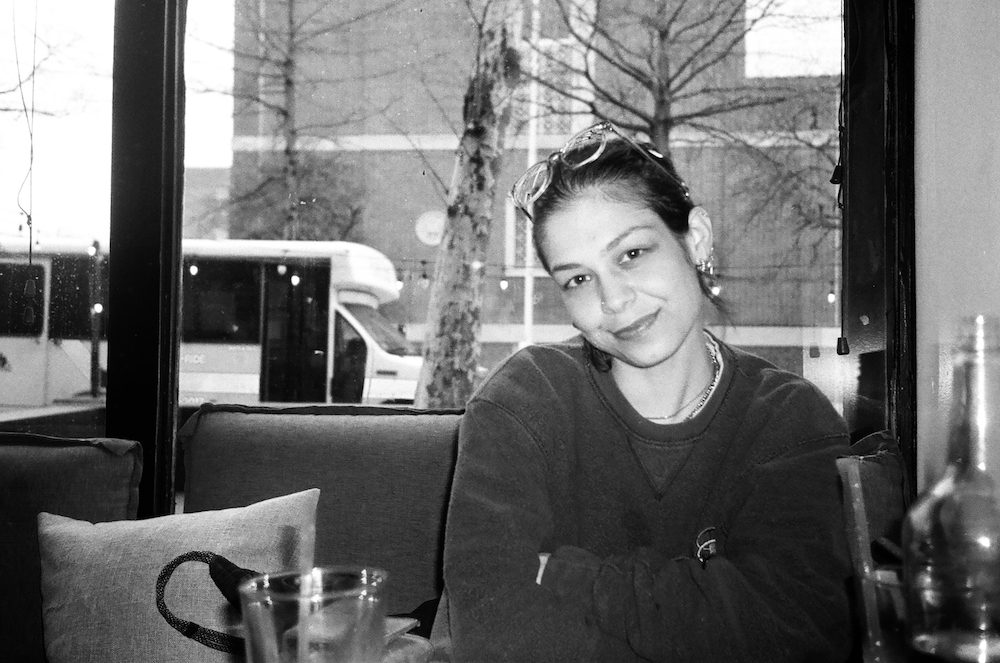
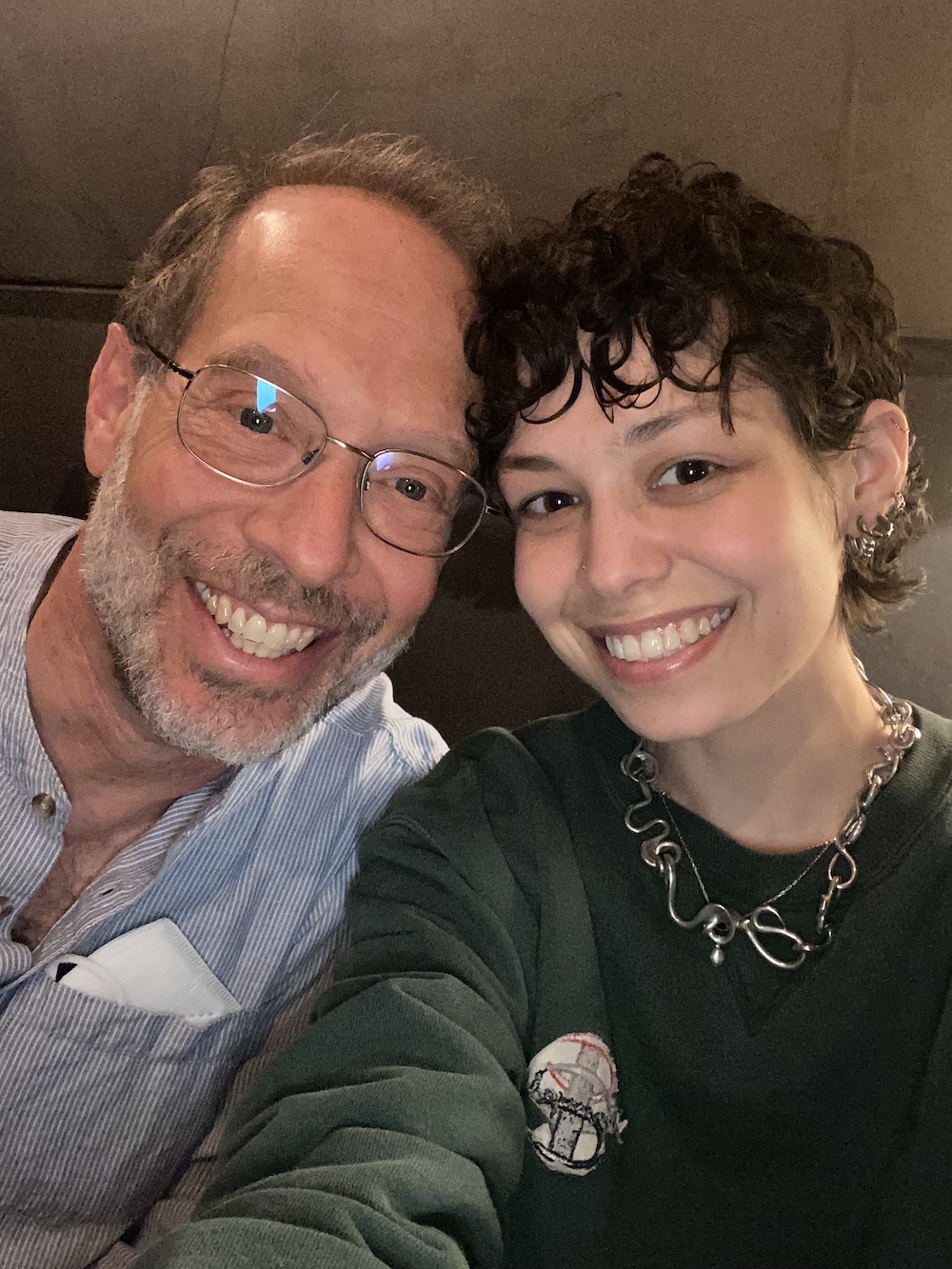 It has now been nearly five months since we lost Alex. I still get the same question — and to be clear, I don’t mind being asked. Not at all. It’s just that I still don’t know how to answer. My friends tell me that five months is nothing, that there is no reason I should have a handle on my emotions already. My therapist says the same. I suppose I should listen to all of them. But I grow impatient with myself. I make my living with words and with emotions. The core of my art is conveying the emotional state of my point of view characters. It’s practically the definition of what a fiction writer does.
It has now been nearly five months since we lost Alex. I still get the same question — and to be clear, I don’t mind being asked. Not at all. It’s just that I still don’t know how to answer. My friends tell me that five months is nothing, that there is no reason I should have a handle on my emotions already. My therapist says the same. I suppose I should listen to all of them. But I grow impatient with myself. I make my living with words and with emotions. The core of my art is conveying the emotional state of my point of view characters. It’s practically the definition of what a fiction writer does.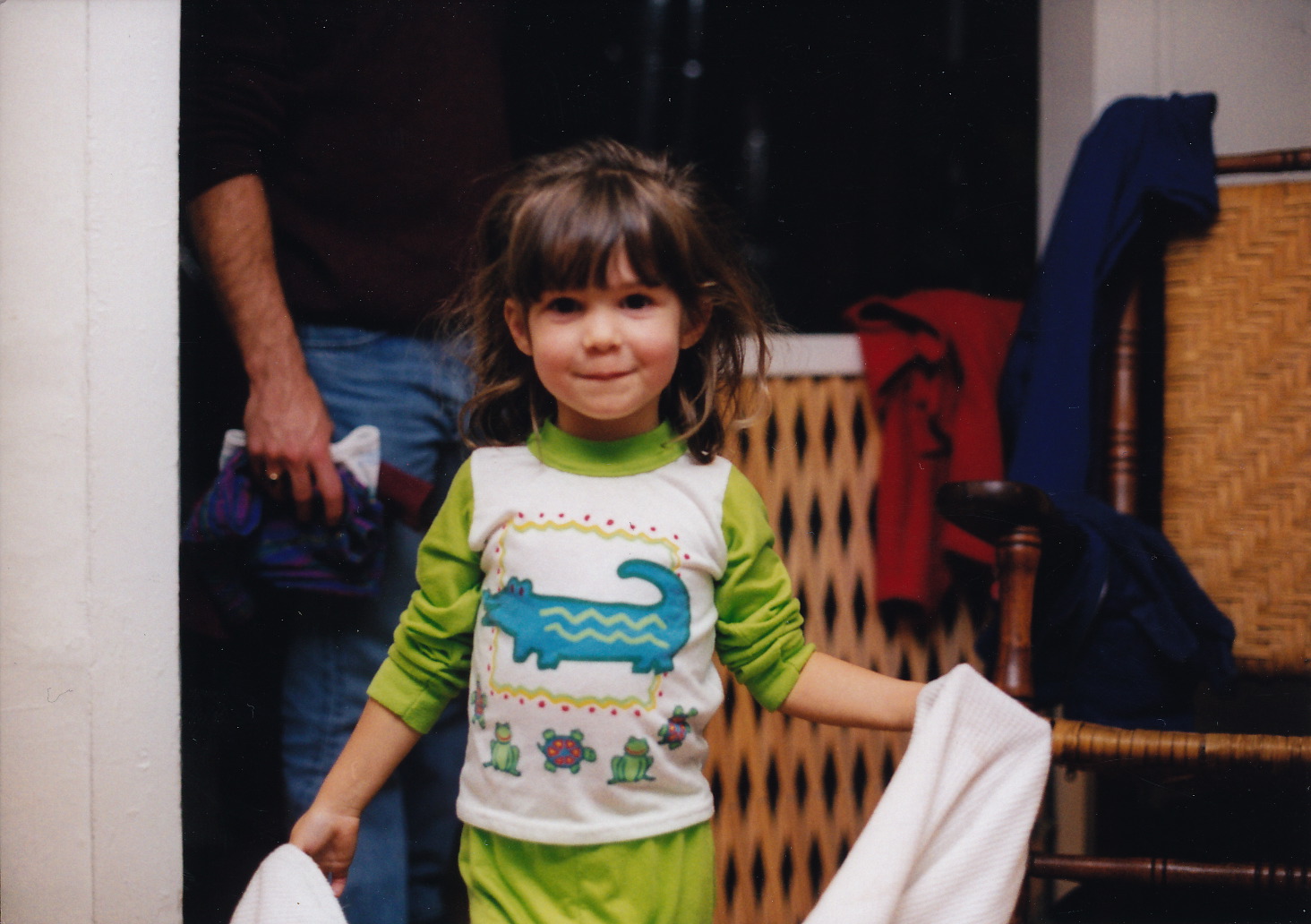 At this point, the celebrations of her life are over. Guests from out of town have left. Erin has gone back home. Nancy is starting to work again, and I am gearing up to do the same. We are, I suppose, stepping back into “normal” life. Except there is nothing normal about it, and in ways that truly matter, in ways that will remain with us for the rest of our lives, it will never really be normal at all, ever again.
At this point, the celebrations of her life are over. Guests from out of town have left. Erin has gone back home. Nancy is starting to work again, and I am gearing up to do the same. We are, I suppose, stepping back into “normal” life. Except there is nothing normal about it, and in ways that truly matter, in ways that will remain with us for the rest of our lives, it will never really be normal at all, ever again. The numbness, though — that bothers me. I want to feel. I want to weep for my child or laugh at a golden memory. I want to feel pain and love and loss and connection, because those keep my vision of Alex fresh and present. Numbness threatens oblivion. Numbness makes the loss seem complete, irretrievable — and that I don’t want. Not ever. Better to cry every day for the rest of my life than lose my hold on these emotions.
The numbness, though — that bothers me. I want to feel. I want to weep for my child or laugh at a golden memory. I want to feel pain and love and loss and connection, because those keep my vision of Alex fresh and present. Numbness threatens oblivion. Numbness makes the loss seem complete, irretrievable — and that I don’t want. Not ever. Better to cry every day for the rest of my life than lose my hold on these emotions.